Experimental music can mean many things—often tracks are beat-less or off-beat, atonal or noisy, or in some way either more or less dense than other genres. My point is not to establish orthodox genre boundaries.
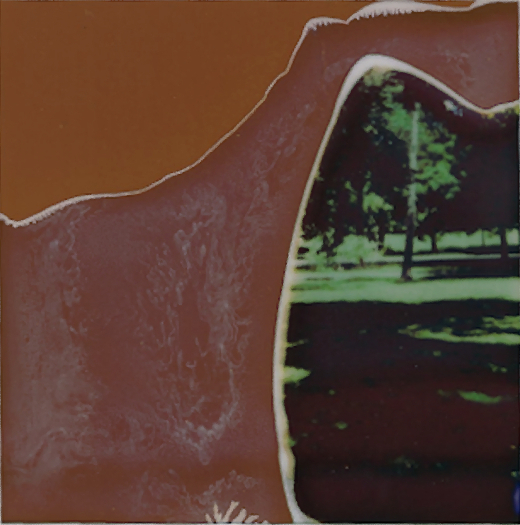
The “experimental” genre as food for thought
For my tenure as an electronic artist, there has been a catch-all genre called “Experimental.” As such, experimental music can mean many things—often tracks are beat-less or off-beat, atonal or noisy, or in some way either more or less dense than other genres. My point is not to establish orthodox genre boundaries. However, I will suggest that in my mind, a truly experimental track has an essential criteria—that of risk. That is, the experiment might “fail,” the track might not work, and not be sure about that when it was recorded.
John Cage, for example, the 20th Century composer, created many experimental works in his efforts to define what constitutes modern formal music. When his ”4′33″” is performed, though it may “function” in an essential sense each time, it does sound different each instance, and may or may not be well-received. His piece involving the simultaneous performance of three different operas, too, could differ quite a bit, and might even produce results at places that resemble more traditional music
The inclusion of noise or glitch sounds has often been deemed “experimental” (example here). Noise music was formally introduced over 100 years ago. Glitch sounds have always been a part of the recording process, but more recently have kicked off a unique genre. By now, many, many tracks have noise and/or glitch elements, so I would question whether currently these properties alone would signify that a song is experimental. Perhaps the early noise and glitch tracks were, before the style(s) became more conventional. Time and fashion can change what should and should not be called experimental.
The composer helps to decide which iterations best represent each system ::
Generative music, and system-based composing, involve elements of chance. Precise results are difficult to plan, and some iterations tend to be more aesthetic than others. While generating music, curating is often necessary. Not all results are used, and the composer helps to decide which iterations best represent each system.
Does this matter, and how? Really, I am exploring the “experimental” genre as food for thought. When I go out to write a piece of electronic music, it is typically with a genre and/or mood-related plan, and I execute one of several familiar workflows. Now and then I get more “experimental”—such as recording underwater, or using Python code to generate tracks.
To record an experimental track, one might not have a strict type or mood in kind—often a new technique is used. This technique may or may not produce acceptable results. My early live signal manipulation in Ableton felt experimental to me, and a few of my early attempts at digital sound manipulation, including particular effects chains. Generative tracks tend to be experimental, along with some of my processed field recording-based tracks.
How about you? Do you write “experimental” music? If so, how do you define the genre? Broadly or with more specific criteria? Can you think of a time that an experimental track failed, and how and why did it? When one succeeded? (Visit our Facebook page and join the conversation).






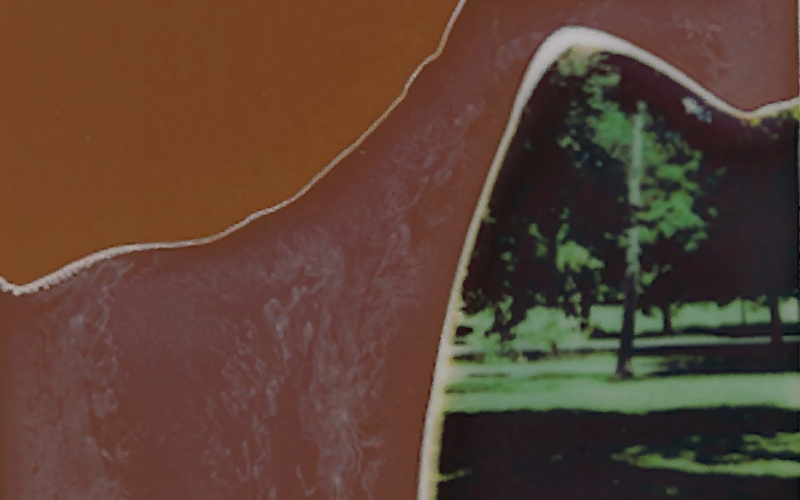
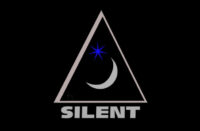



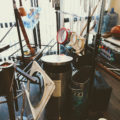
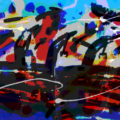
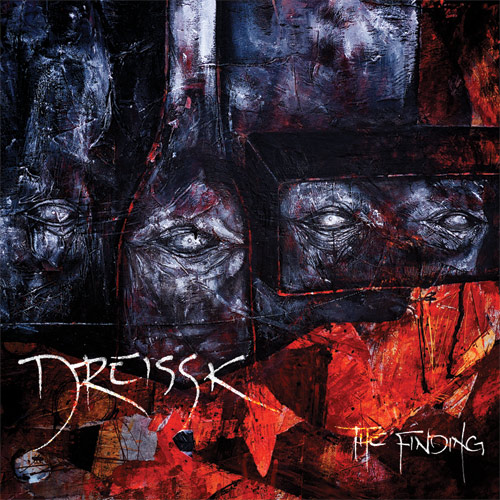

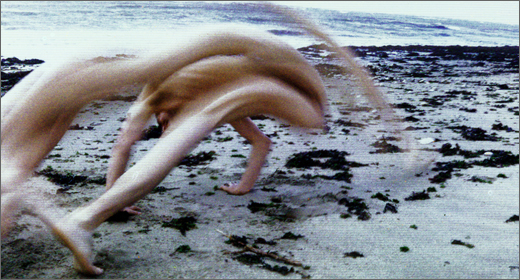
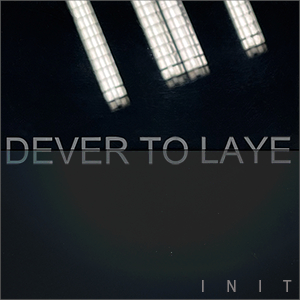

![Romanowitch :: A critical season substitute (glitch.cool) — [concise]](https://igloomag.com/wp/wp-content/uploads/2025/03/romanowitch-a-critical-season-substitute_tape_feat-75x75.jpg)








